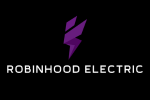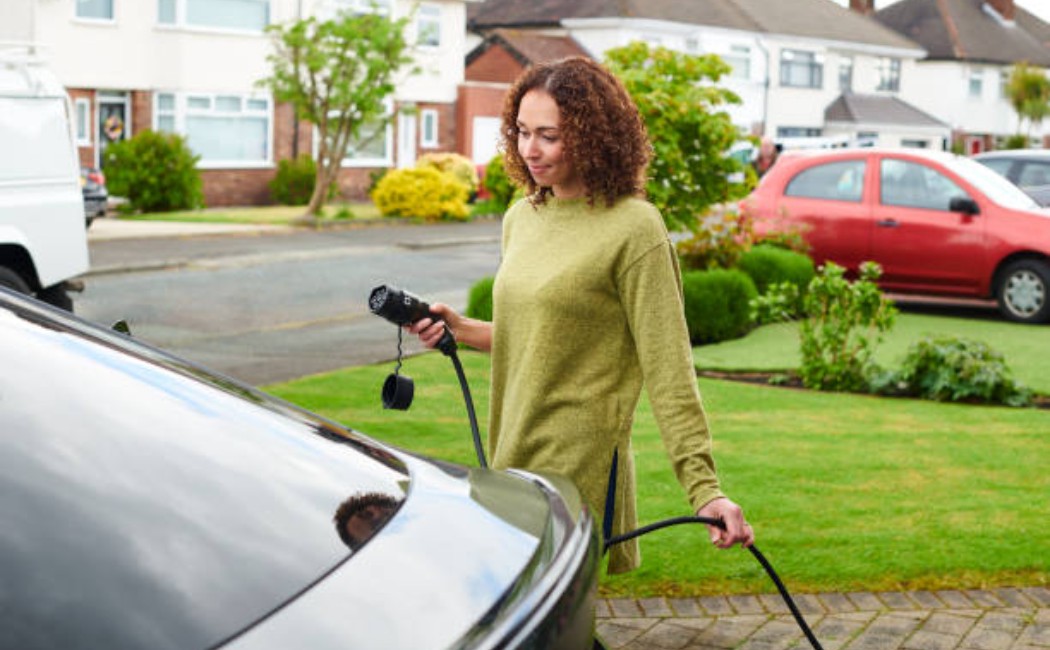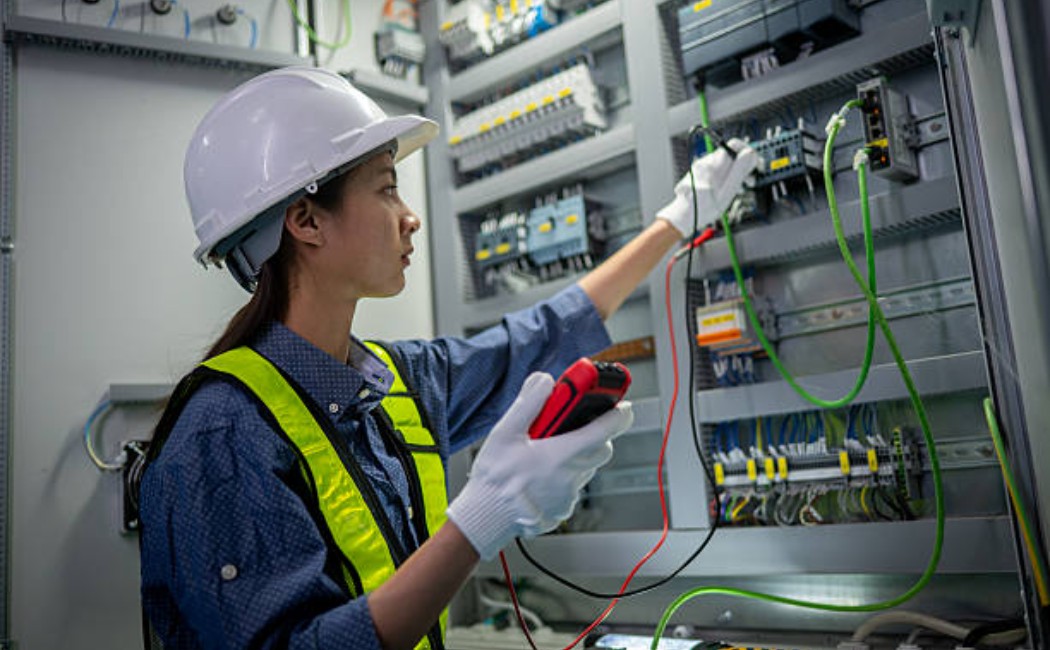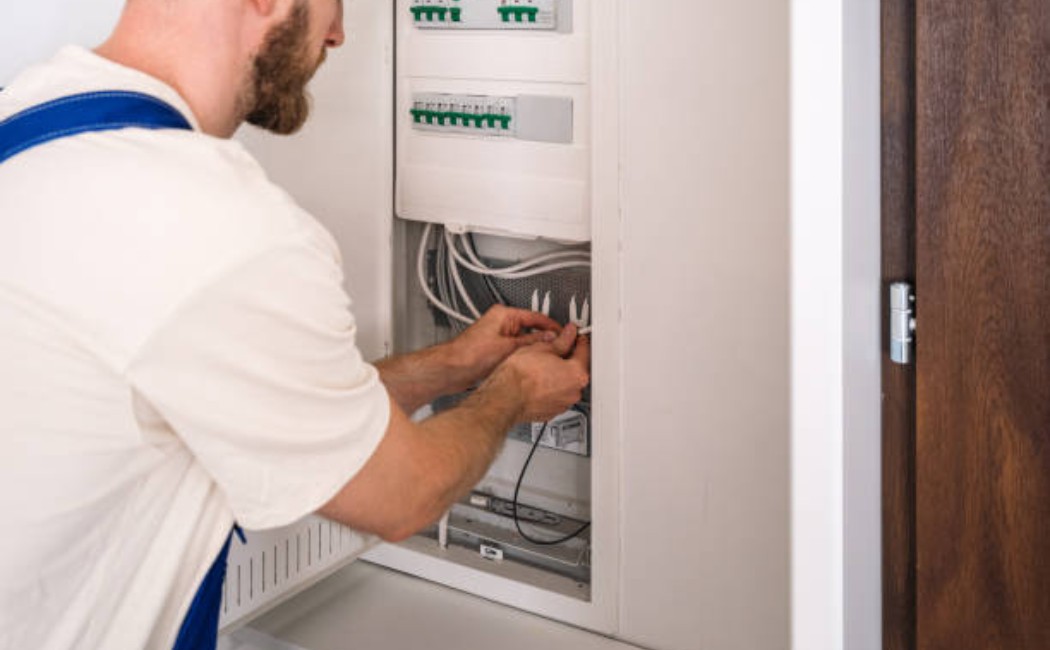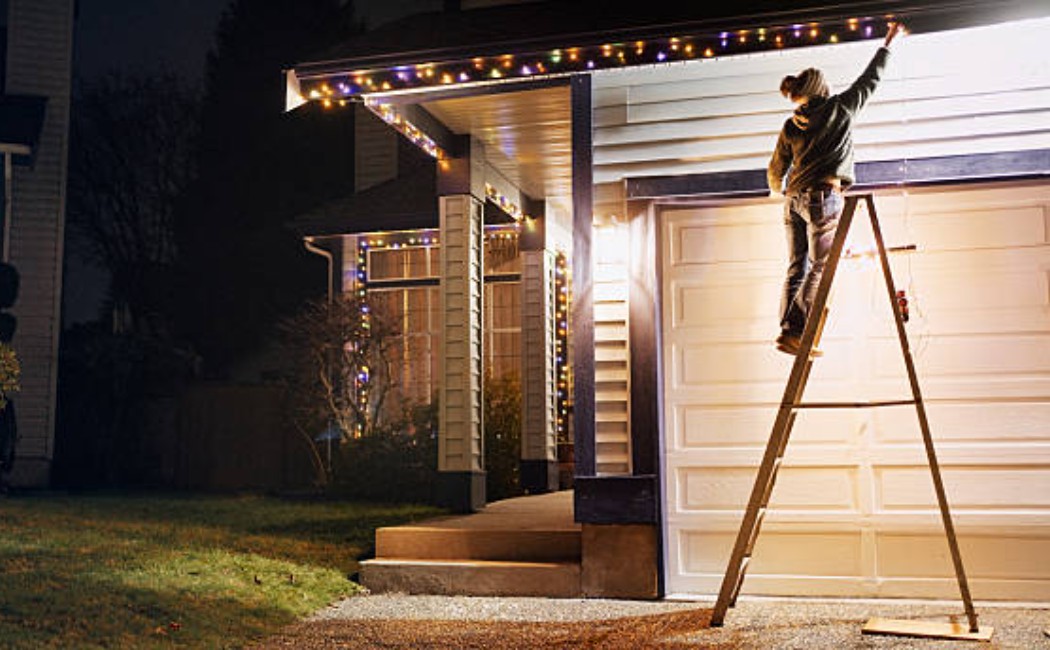Introduction
The shift toward electric vehicles is transforming how we power our homes and travel. As EV ownership grows, more homeowners are realizing the importance of installing an efficient, safe, and reliable home charging station. Having your own EV charger offers unmatched convenience, cost savings, and control over your vehicle’s energy consumption. But with so many types of chargers, power levels, and installation options available, it can be challenging to know where to start. In this guide, we’ll walk you through the essentials of EV charging services, including charger types, installation costs, maintenance needs, and expert tips to make your investment future-proof.
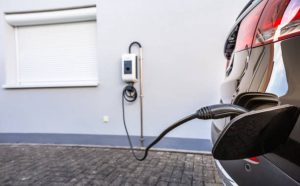
What Are the Main Types of Home EV Chargers?
When it comes to home EV charging services, understanding the types of chargers available is crucial. Each charger type offers different power outputs, charging speeds, and installation requirements, all of which can significantly impact your experience as an EV owner. Whether you drive short distances around town or commute long miles every day, choosing the right charger can make your life easier and keep your car performing at its best.
1. Level 1 Chargers: Basic and Convenient
- Plug directly into a standard 120V outlet, making them easy to use.
- Best for light daily driving, offering 3–5 miles of range per hour.
- Ideal for overnight charging or smaller electric vehicles.
2. Level 2 Chargers: Fast and Efficient
- Operate on a 240V connection, offering 10–60 miles of range per hour.
- Require professional installation by licensed electricians.
- Perfect for families or commuters who drive longer distances daily.
3. DC Fast Chargers: Power-Packed Performance
- Provide rapid charging, restoring 80% battery in under 40 minutes.
- Typically used for commercial setups due to higher cost and power demand.
- Great for EV enthusiasts seeking ultra-fast charging at home (with proper infrastructure).
How to Choose the Best EV Charger for Your Home?
Choosing the right EV charger involves more than just comparing voltage and price tags it’s about aligning your home’s electrical capacity, lifestyle, and driving habits. A well-chosen system ensures fast, safe, and efficient charging every time you plug in your vehicle. Factors such as driving frequency, home wiring setup, and desired convenience play a major role in selecting the most suitable charger. By carefully evaluating these elements, you’ll be able to make a confident decision that meets your energy needs and budget.
1. Evaluate Your Daily Driving Range
- Estimate how many miles you drive per day to determine your charging needs.
- Frequent long-distance drivers benefit more from Level 2 EV chargers.
- Occasional drivers can stick with affordable Level 1 solutions.
2. Consider Your Home’s Electrical Panel Capacity
- A professional home EV charging company can assess your breaker box capacity.
- You may need a panel upgrade if your home can’t support a 240V charger.
- Proper load balancing ensures safety and prevents circuit overloads.
3. Think About Smart Charging Features
- Opt for chargers with Wi-Fi, scheduling, and energy tracking options.
- Smart chargers can integrate with home automation systems.
- They optimize energy use, reducing electricity costs during peak hours.
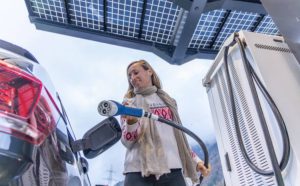
Why Hire Professional EV Charging Services for Installation?
Installing an EV charger isn’t a simple DIY project; it requires precision, technical expertise, and compliance with safety regulations. Professional EV charging contractors handle every step, from evaluating your electrical panel to securing the right permits and ensuring safe connections. By trusting licensed electricians, you guarantee not just proper function but also peace of mind, knowing your system meets all electrical and local codes. This investment in professional installation protects both your home and your electric vehicle.
1. Safety and Compliance
- Certified electricians follow NEC (National Electrical Code) standards.
- They guarantee proper grounding and voltage alignment for your EV charger.
- Compliance with local permits and utility requirements ensures long-term safety.
2. Customized Setup for Your Home
- Home EV charging services, customized installation to your driveway or garage layout.
- Professionals can install chargers indoors or outdoors based on your needs.
- They ensure that weatherproofing, mounting, and connectivity are handled with care.
3. Warranty and Maintenance Support
- Hiring licensed contractors often includes warranties on parts and labor.
- Routine inspections ensure your EV charger remains efficient and safe.
- You’ll have access to EV charging maintenance and emergency repair services.
How Much Does It Cost to Install a Home EV Charger?
The cost of a home EV charger installation depends on several factors, including the charger type, labor involved, and any required electrical upgrades. While basic setups are affordable, more advanced systems offer better charging performance and smart technology features. Investing in a quality charger and professional installation not only enhances your convenience but also ensures your system’s longevity and safety. Think of it as a long-term investment in both your property and your vehicle’s reliability.
1. Equipment and Charger Type
- Level 1 chargers typically come with the vehicle and have minimal cost.
- Level 2 chargers range from $500–$2,000, depending on smart features.
- Premium chargers with Wi-Fi and fast-charging capabilities cost more but last longer.
2. Installation and Labor Costs
- Expect to pay between $300–$1,000 for professional installation.
- Prices vary based on wiring complexity and panel distance.
- Some homes require electrical panel replacement services for safety.
3. Long-Term Savings
- Charging at home costs less than public charging stations.
- You can save hundreds annually on fuel costs compared to gasoline.
- EV chargers also add resale value to eco-conscious home buyers.
How to Maintain and Repair Your EV Charging Station?
Once your charger is installed, routine maintenance is key to maximizing performance and preventing costly repairs. A well-maintained EV charger will deliver consistent power, remain energy-efficient, and last for many years. Partnering with professional EV charging repair and maintenance providers ensures your system runs safely, avoiding issues like overheating or circuit failure. Proactive care also gives you the confidence that your investment continues to serve your home reliably.
1. Routine Inspections
- Have professionals inspect your charger twice a year.
- They check for signs of wear, corrosion, or electrical faults.
- Preventive checks reduce long-term repair costs.
2. Cleaning and Environmental Protection
- Keep the charging port clean and free of dust or debris.
- Install weatherproof covers for outdoor setups.
- Avoid charging in heavy rain unless the unit is designed for it.
3. When to Schedule EV Charging Repair
- Call EV charging contractors if you notice slow charging or overheating.
- Flickering lights or power interruptions may signal wiring issues.
- Timely repairs prevent system failure and protect your vehicle’s battery.
FAQs About Home EV Charging Services
- Can I install an EV charger myself?
It’s not recommended. EV charger installation involves complex wiring and voltage management. Always hire a licensed home EV charging company for safe and compliant setup. - What’s the best type of EV charger for daily home use?
A Level 2 charger is the best balance of speed, efficiency, and affordability for most homeowners. - How long does it take to charge an electric car at home fully?
Depending on the charger, it can take anywhere from 4 to 12 hours for a full charge. - How often should I service my EV charger?
Regular maintenance every 6–12 months ensures longevity and optimal performance. - Do EV chargers work with all electric vehicles?
Most home chargers are universal, but always verify compatibility with your EV model before purchasing.
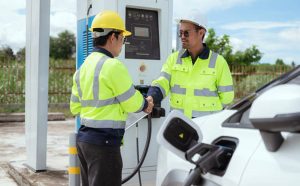
Conclusion: Power Your Driveway with Smart EV Charging
Installing a home EV charger is one of the smartest upgrades for any homeowner embracing clean energy. It delivers unmatched convenience, cost efficiency, and environmental benefits, all while enhancing your property value. Choosing the right system and ensuring professional installation sets the stage for years of safe and reliable charging. Whether you need installation, maintenance, or repair, EV charging services from trusted professionals will keep your electric lifestyle running smoothly.
Why Choose Robinhood Electric, LLC?
At Robinhood Electric, LLC, we’re more than just electricians, we’re your partners in power. Our team provides expert EV charging services, from installation and maintenance to panel upgrades and system safety checks. As one of the best EV charging contractors, we bring years of experience, industry knowledge, and a commitment to excellence in every project. Whether you’re looking to upgrade your home with a smart EV charger or need fast EV charging repair, we’re here to help you stay connected, efficient, and future-ready.
Ready to power up your home? Contact Robinhood Electric, LLC today to schedule your EV charger installation or request a free consultation with our experts.
